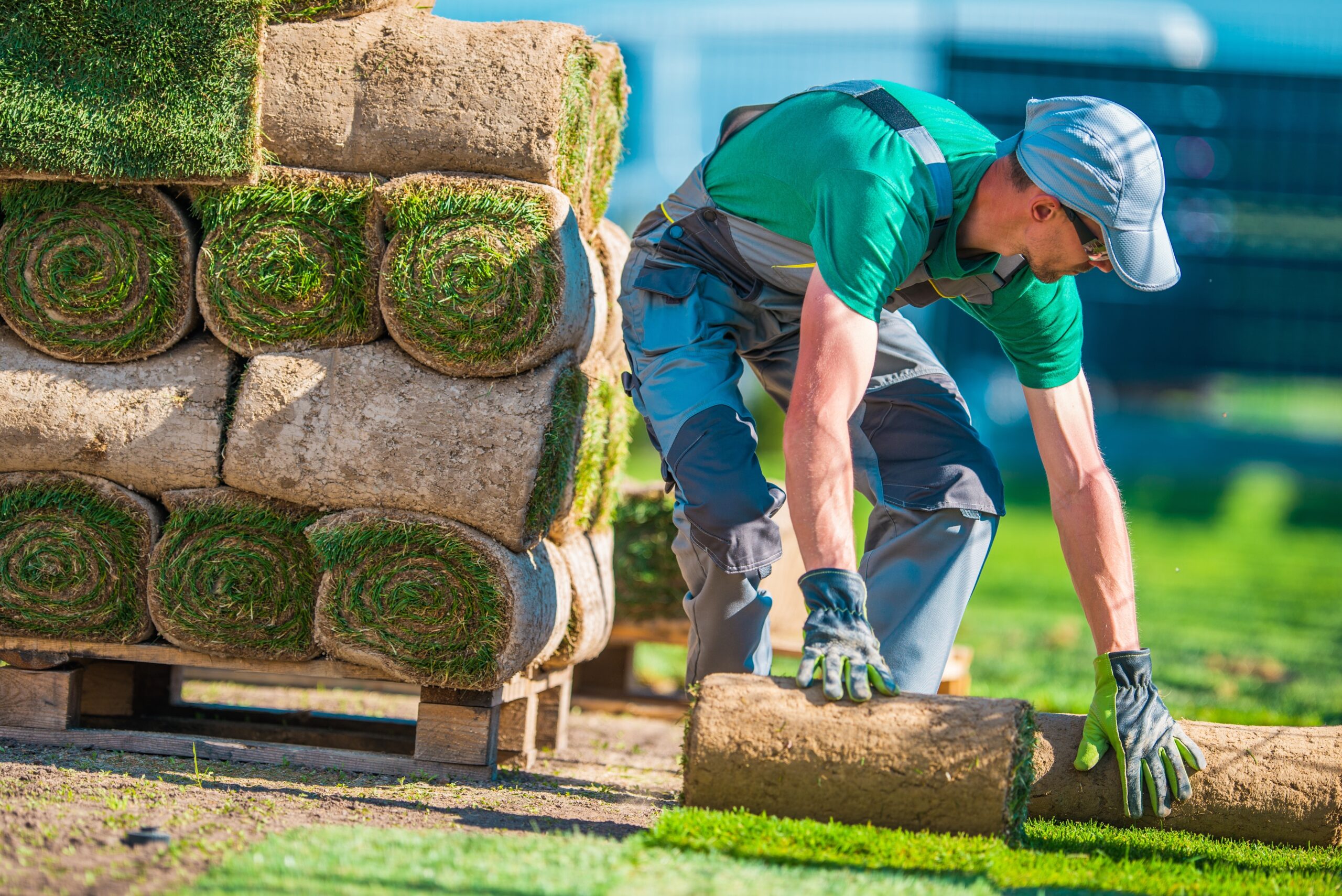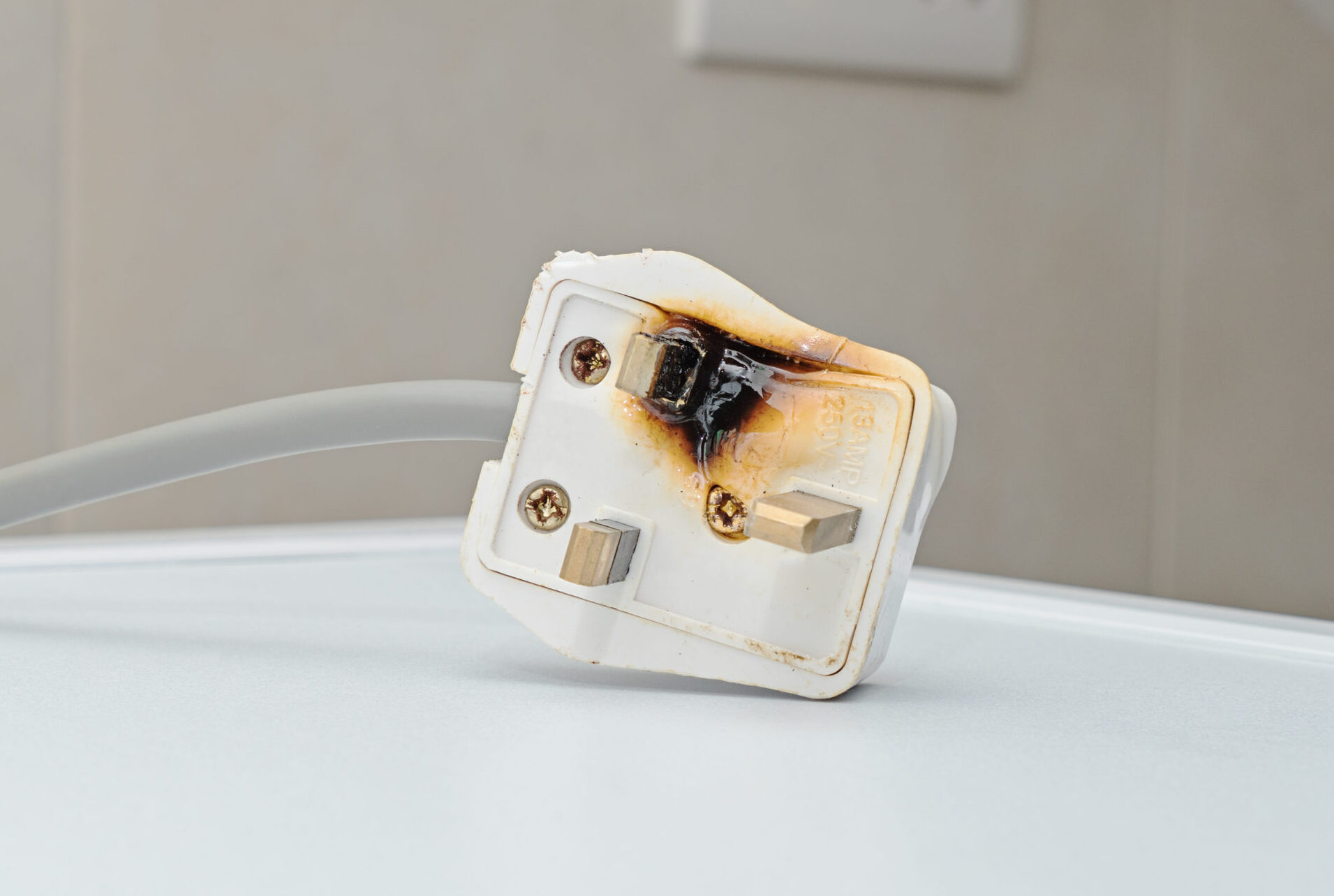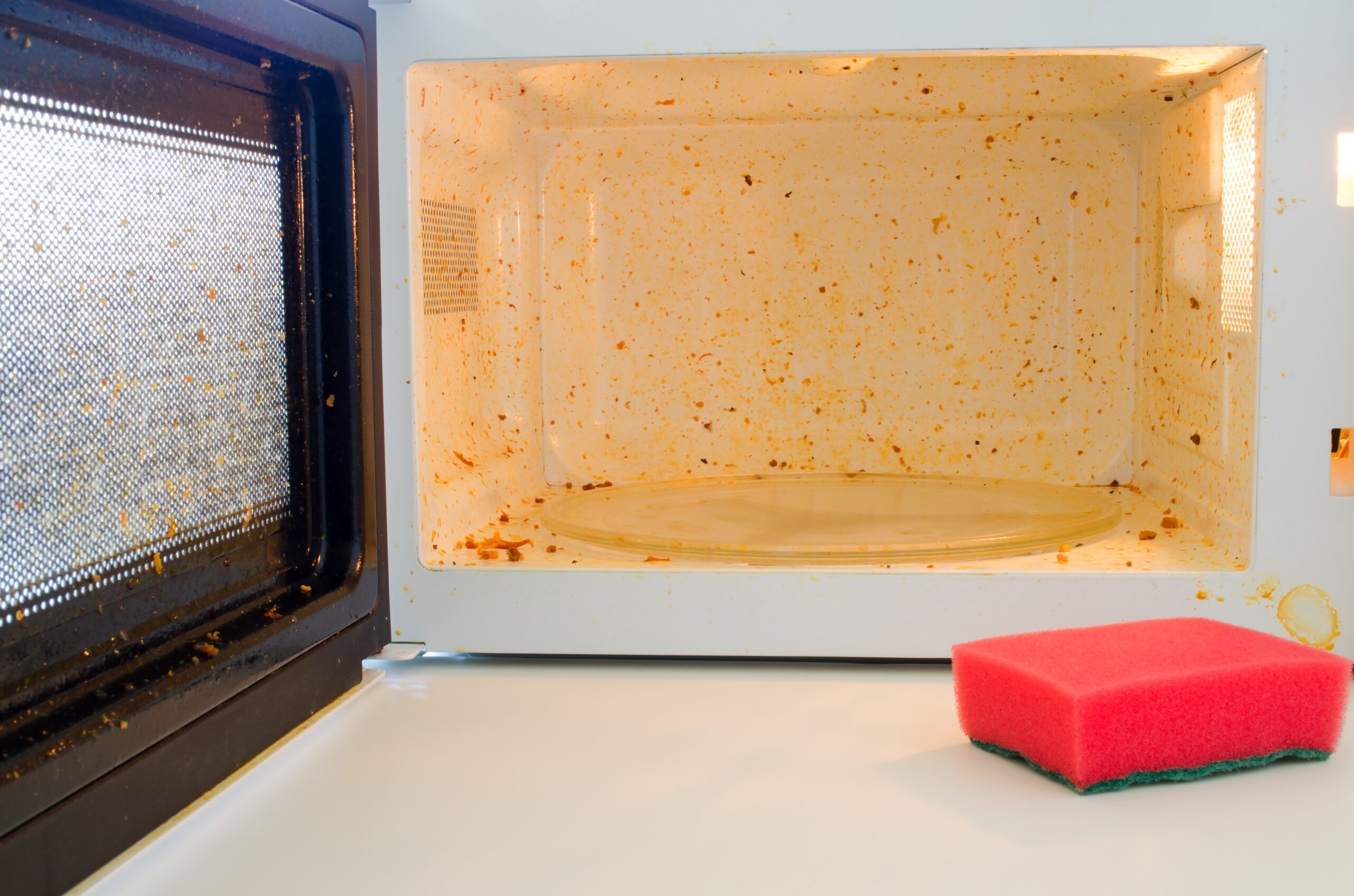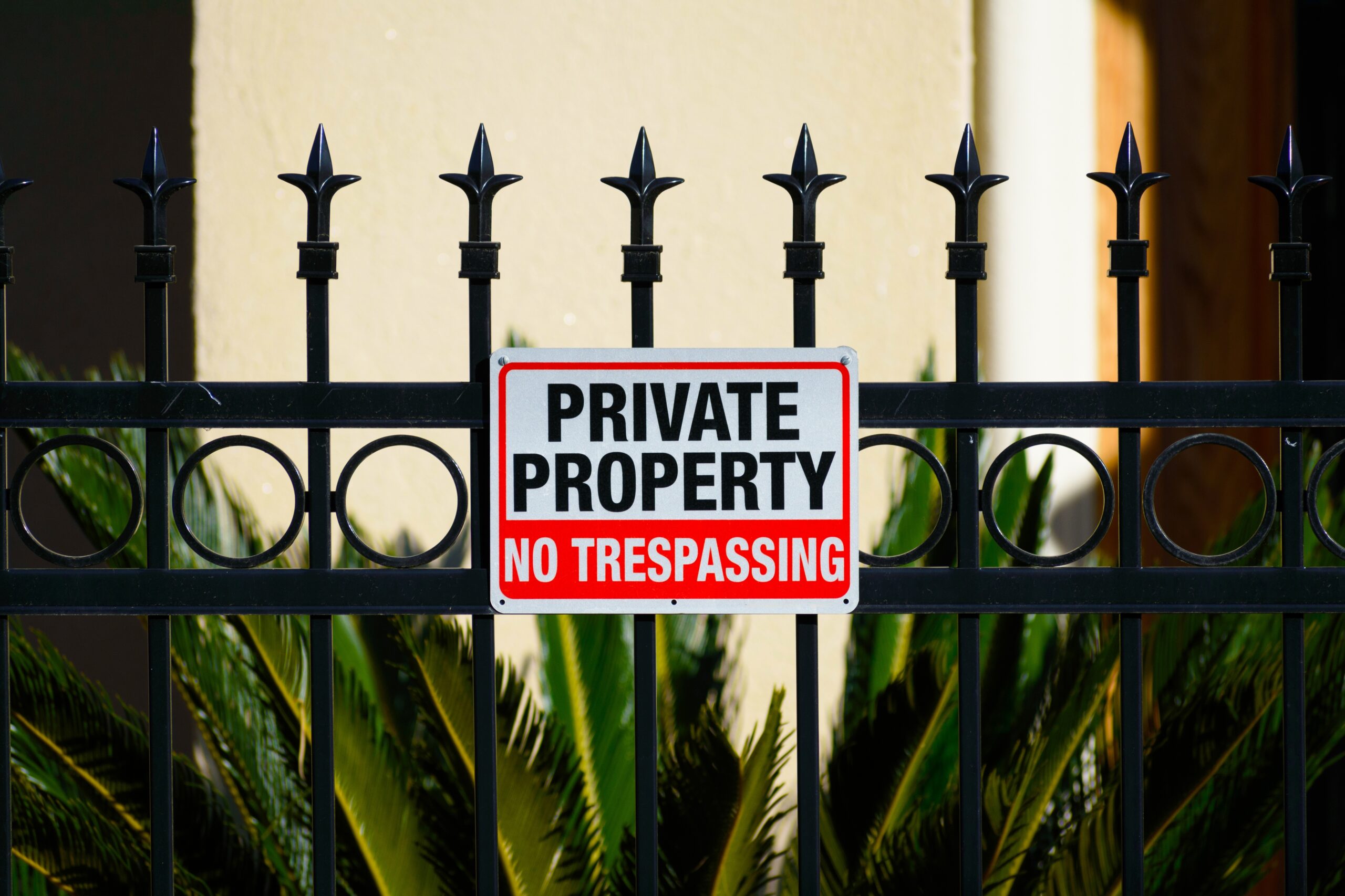Sustainable Grounds Maintenance: Eco-Friendly Practices For Your Business
A requirement for commercial businesses to demonstrate sustainable practices is now a necessity, rather than a preferable option or a compliance requirement. And while it is well established how businesses can adopt such practices in terms of building management and operational management, grounds maintenance is often overlooked as a way to minimise the environmental impact of a business. But here we have highlighted a number of ways a business can look at their grounds and general landscaping to conserve energy and maximise natural resources.
Design
- Landscaping – When designing grounds you can consider what plants, trees, shrubs and flowers work best in certain areas. Which need water most and where would they be most exposed to natural rainwater? Which can survive in shade? Can you use permeable and porous materials to maximise rainwater run-off?
- Native Plants – Where can you use plants which thrive in your locality? They will naturally settle better in local soils, in a local climate and with local wildlife, and hence will require less maintenance and watering.
- Biodiversity – Think about how you can encourage the growth of pollinators and wild flowers by creating a natural habitat for them.
Water conservation
- Efficiency – Don’t over-water your grounds and be adaptable to the weather. Don’t just stick to a fixed routine to water grounds if it rained heavily yesterday, for example.
- Rainwater – Harvesting rainwater to use on your grounds saves using mains water.
- Grass – Minimise the use of lawned areas which require a lot of water and maintenance.
- Plants – As mentioned above, native plants will be more resilient and will require less watering.
Soil health
- Organic soils – Using organic soils will improve soil fertility and reduce natural erosion.
- Composting – Saving food waste, rotten wood and grass cuttings can help to produce natural compost materials which are nutrient rich.
- Avoid using synthetic materials – such as herbicides, pesticides and fertilisers.
Waste
- Recycle – Try to recycle items such as pots, trays and wood rather than buy new items.
- Packaging – Use sustainable packaging for plants, seeds, compost and other items bought.
- Wood – Can you use recycled chippings and bark for decorating areas?
- Composting – Use discarded leaves, clippings and pruning in your composting.
Energy efficiency
- Lights – Use solar lights where possible.
- Renewable energy – Can you use electric powered machinery such as mowers and hedge trimmers?
- Smart management – Can you have lights on timers? Can you use sprinkler systems which firstly minimise water usage, and are also reactive to weather conditions? I.e. they don’t operate when it has just rained.
Education
- Employees – Post information to inform employees on how their practices are having an environmental impact, both positively and negatively.
- Customers – Tell your customers what you are doing to reduce your environmental impact.
- Targets – Set annual or monthly targets for sustainable practices and report on how you are performing. Make it competitive and even offer prizes to help with employee buy-in.
Sustainable grounds maintenance from Apardion
At Apardion we have vast experience of helping and supporting commercial businesses with grounds maintenance, and increasingly this is incorporating sustainable practices and is seeking to align with wider company goals. We are able to design grounds maintenance systems which comply with your organisational goals for energy efficiency, waste management and conserving natural resources, and can work with you to design grounds and landscaping to encourage biodiversity and the natural habitats that already exist. So contact our team at Apardion today and we can help reduce your environmental impact through sustainable grounds maintenance.
















